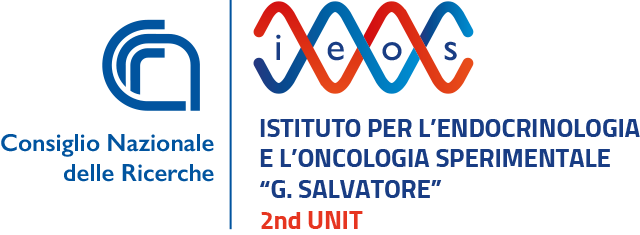A PIPeline for drug discovery in Lowe Syndrome
Prof. Antonella De Matteis, Telethon Institute of Genetics and Medicine (TIGEM), Pozzuoli (NA), Italy email:
Abstract: Lowe syndrome (LS) is an X‑linked disease that is characterized by congenital cataracts, central hypotonia, intellectual disability, and renal Fanconi syndrome. The disease is caused by mutations in OCRL, which encodes an inositol polyphosphate 5‑phosphatase (OCRL) that acts on phosphoinositides — quantitatively minor constituents of cell membranes that are nonetheless pivotal regulators of intracellular trafficking. I will discuss how our studies on OCRL not only have led to important discoveries about the basic mechanisms of membrane trafficking but have also set the basis for a drug repositioning pipeline. This pipeline, started with an HCS approach on cell models of LS, has led to the identification of a small molecule that is able to correct the main phenotypes in LS patient proximal tubule cells, and more importantly, in LS animal models and LS human kidney organoids.
Biosketch: Antonella De Matteis obtained her M.D. degree from the University of L’Aquila, where she completed her residencies in Internal Medicine and Endocrinology. In 1986, she joined the Neuroendocrinology Lab directed by Alberto Luini at the Mario Negri Institute in Milan until 1988, and then at the Consorzio Mario Negri Sud Research Institute. In 1992, she became Head of the Secretion Physiopathology Lab at CMN Sud. In 2009, she moved to TIGEM to start a new laboratory and continue her research. Since 2011, she has been the Director of the Cell Biology Program at TIGEM. She is a Full Professor of Biology at the Department of Molecular Medicine and Medical Biotechnology of the Federico II University of Naples, and a Faculty Member of the European School of Molecular Medicine (SEMM), the GEM (Genomic and Experimental Medicine), and the Open University Ph.D. Programme in Human Genetics. She has been an elected EMBO member since 2005 and was awarded an ERC Advanced Grant (Systems Biology of Membrane Trafficking - SYSMET) in 2016. Her work has focused on the molecular mechanisms controlling intracellular membrane trafficking, a process crucial for the maintenance of cell organization, organelle homeostasis, and intercellular communication. In recent years, her research has aimed to develop therapeutic strategies to treat inherited diseases.



